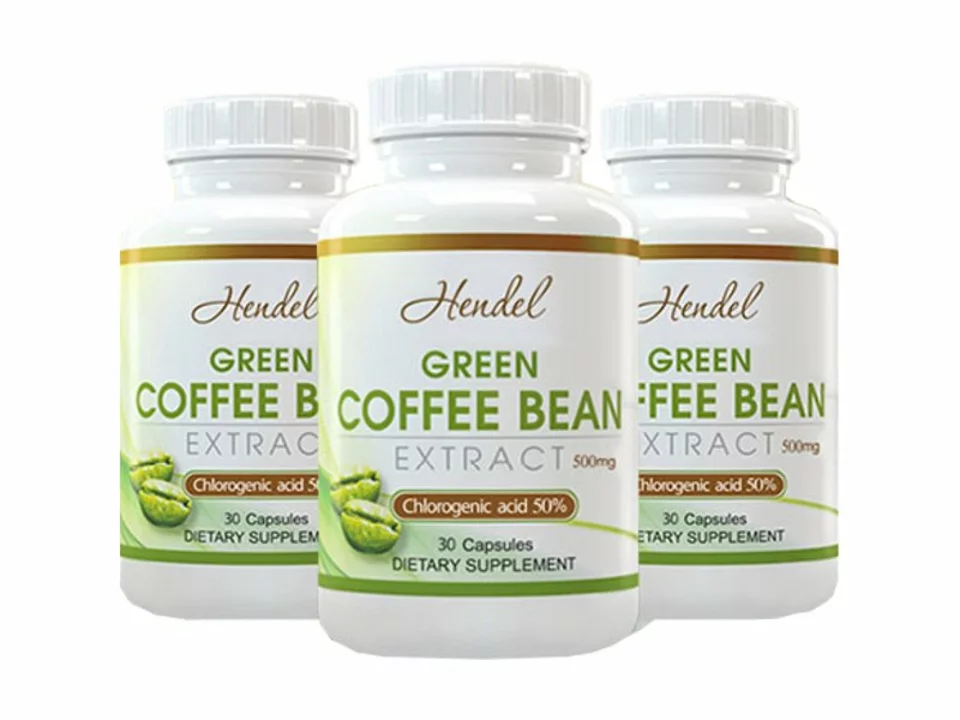Fadogia agrestis: what it is and why people try it
Fadogia agrestis is a shrub from West Africa that’s become popular as an herbal supplement. People usually take it hoping to boost testosterone, improve libido, or support gym gains. That sounds promising, but the evidence is mixed and mostly from animal studies. If you’re curious, here’s a clear, practical look at what works, what’s risky, and how to use it safely.
What the science says
Most of the excitement comes from rodent studies where fadogia extracts raised testosterone or changed sexual behavior. That doesn’t automatically mean it will do the same in humans. Human trials are minimal or low-quality, so we don’t have reliable proof of benefit.
Because clinical data is scarce, we can’t claim it treats low testosterone, erectile dysfunction, or other medical issues. Think of fadogia as an experimental supplement: possible benefits, not proven in people yet.
How to use it safely
If you decide to try fadogia agrestis, follow basic safety steps. Typical supplement labels list doses from about 300–600 mg per day. Some users cycle it—eight weeks on, two to four weeks off—to reduce possible tolerance and unknown long-term risks. Start at the low end and watch how you feel.
Watch for side effects like stomach upset, headaches, or mood changes. Because human safety data is limited, avoid long-term use without medical supervision. Also, people with hormone-sensitive conditions (like prostate or breast cancer), pregnant or breastfeeding women, and younger teens should not take it.
Combine it cautiously with other hormone-affecting products. Using fadogia alongside prescription testosterone, anabolic steroids, or other supplements that boost hormones can lead to unpredictable effects.
Pick a quality product. Look for brands that provide third-party testing, clear ingredient lists, and standardized extracts. Avoid products that promise dramatic changes overnight or include a long list of unknown additives. Read reviews, check certificates of analysis (COA), and buy from reputable retailers.
Consider basic lab checks if you plan to take it regularly. A simple blood panel that includes liver enzymes and testosterone levels gives a safety baseline and helps detect problems early. Discuss results with your healthcare provider.
Final practical tips: don’t expect miracles, keep expectations realistic, and be ready to stop if you notice adverse effects. If improving energy, mood, or performance is your goal, first focus on sleep, diet, resistance training, and proven nutrition strategies—those changes have solid human evidence and fewer unknowns.
If you have any chronic conditions or take prescription meds, talk to your doctor before starting fadogia agrestis. With limited human data, professional guidance and careful monitoring are the best way to stay safe while trying new supplements.

